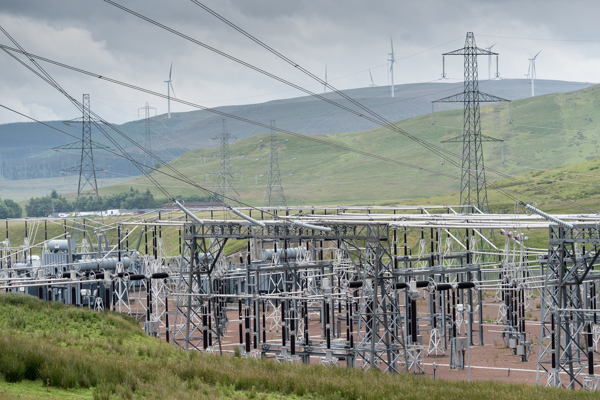Many view these constraint payments (under a grid balancing process called curtailment) as a necessary side-effect of an aging grid infrastructure.
Both supply and demand in energy markets are constantly variable. With grid volatility only increasing due to the proliferation of intermittent generation methods and Distributed Energy Resources (DERs), the need for grid capacity to be balanced in this way has never been so pronounced.
To those in industry, the statistics may therefore seem far less counterintuitive and certainly not a measure of avoidable inefficiency. The question then is not if Onshore Wind is or is not an optimal renewable energy generation method but how participants operating in this segment of the energy mix can seize the inevitability of grid balancing.
Indeed, as momentum builds behind the energy demands of corporates and the pipeline of datacentres, the opportunity to sell energy directly to private entities via private wire Power Purchase Agreements (PPAs) presents an increasingly attractive alternative. The success stories of those who seek to leverage the gap between supply-side output and grid capacity in this way will be determined by the structure of their PPAs.
If generators are to continue exploring direct energy sales to corporates in this way, parties must put in place robust private wire PPAs that allocate risk clearly and protect commercial interests. The most effective of these are tailored to address the realities of direct supply, including:
- Clear terms for supply and connection
- Provisions for excess generation and non-consumption
- Defined thresholds, warranties and termination rights
- Duties of care and statutory obligations
- Assignation, novation, metering, and tax considerations
- Renewables benefits and liability limitations
Each element must be negotiated to reflect the unique needs of the project and the parties involved. Recent legal developments such as reforms to consenting procedures for electricity infrastructure in the UK and evolving standards for grid connection and planning underscore the importance of staying ahead of regulatory change.
At MFMac, our team combines deep sector knowledge with decades of experience advising on all aspects of PPAs and energy infrastructure projects. We help clients navigate complex regulatory environments, structure agreements that withstand scrutiny and unlock new commercial opportunities in a rapidly changing market.
For senior decision makers, the message is clear: technical challenges are only part of the story. With the right legal strategy, generators and offtakers alike can pivot from constraint to catalyst with precision.
Written by Hamish Gourlay-Noor, Trainee Solicitor
[1] Scottish wind farms paid not to generate nearly 40% of potential electricity


